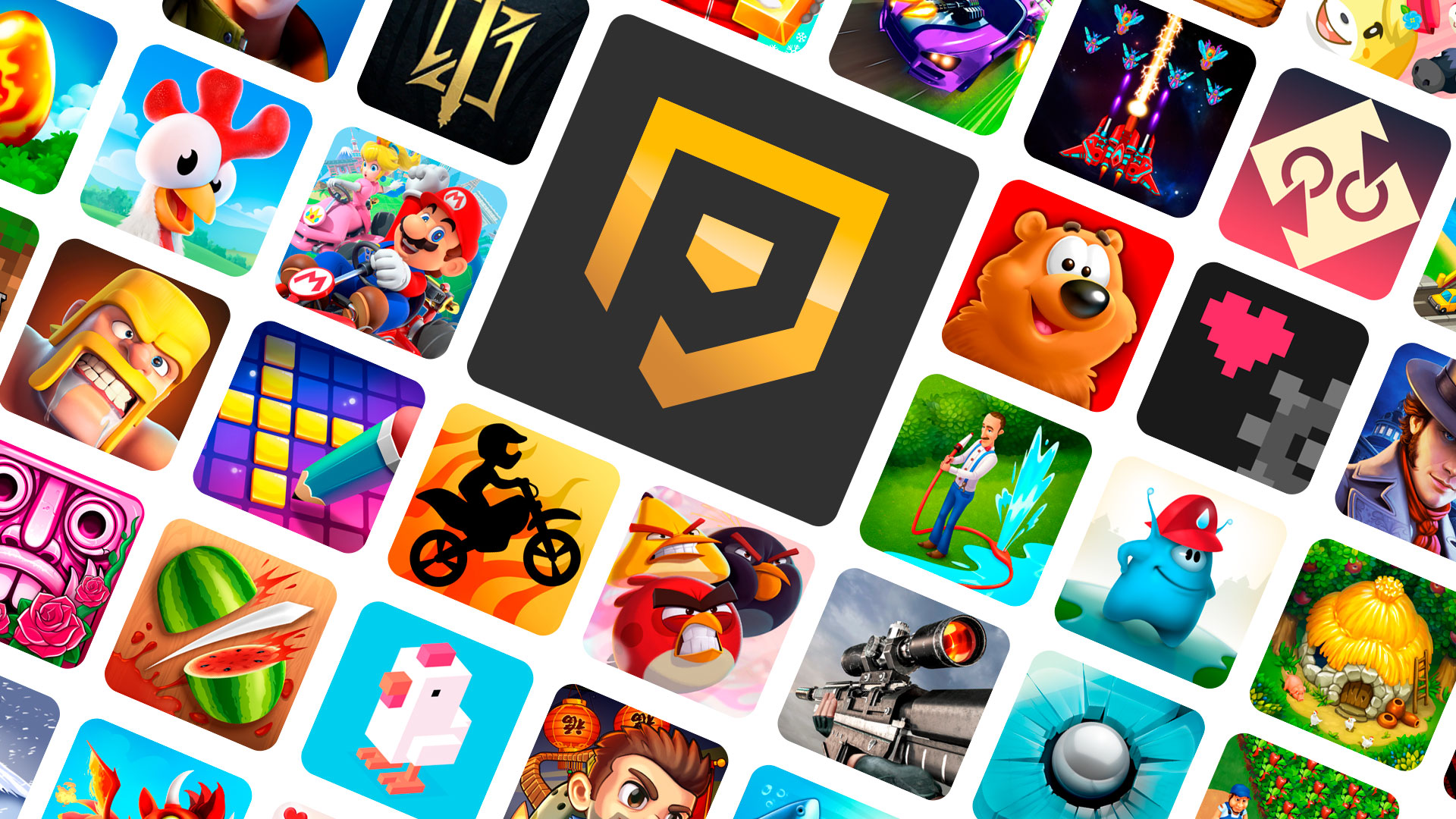Media Law Blog Six

Mobile Games' Grab at Messaging
There's no denying that mobile games are an incredibly fun way to keep in touch with your friends. Find that perfect game you all enjoy and you'll be able to spend time together without risking your health. Player retention is an art. Mobile games are beginning to master that art as they begin to understand that the most important aspects of retention are social features. Studies and thesis have been written about this topic, in both there's a clear trend towards social features retaining users the most. In Anna Narinen's thesis, she highlights two areas as most important; social media and social interaction.
She frames social interaction as features that allow players to interact—like; giving gifts, adding friends, and inviting them to play. Games don't have to be multiplayer-focused to add features like these. Candy Crush, a game that has no multiplayer, includes each of these features to make the game feel more populated. It even adds markers where you can see your friends, allowing you to compete with them to make it the furthest.
Even more important than social interactions is social media. Things like a chat, karma points, reputation, leader boards, even just a simple connection to Facebook. All of these aspects fill the world with the information and thoughts of other players. Their messages pop up for you to see, their karma or reputation is better or worse than yours. There's a drive to get your karma up if a guild requires you to be at a certain level. The ability to actually make friends in the game, keep in touch with them through the game, and play with them in the game will inevibatly create a community that players want to go back to. They want to see their friends again and keep playing.
Where does all of this lead? What does the player retention mean for a game? It means that the game has a more direct line into your wallet. The longer a player is in the game, the more likely they are to pay for something in it. It might be something simple like a starter pack or a few loot boxes but that's usually enough to get players started. More importantly, are the "cash cows," the players that spend every free cent in the game just to get ahead as much as they can. This is where predatory game practices spawn from, the idea that if you lock skill behind a paywall, players will be forced to spend money and support the game. Laws are beginning to catch up with this, at least for PC and Console games, but the mobile market is allowed to prey on their audience. Their time is coming; the last straw will come, and it will likely break the market.
Comments
Post a Comment